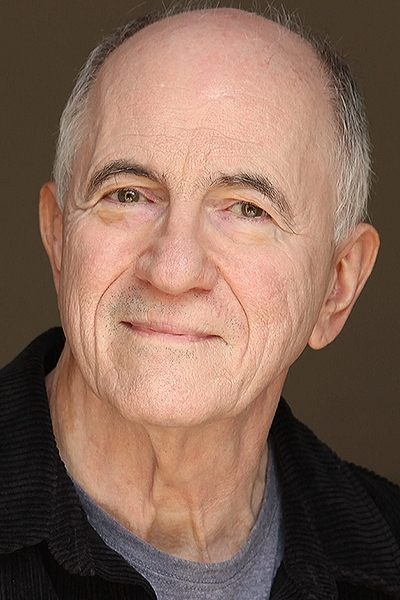
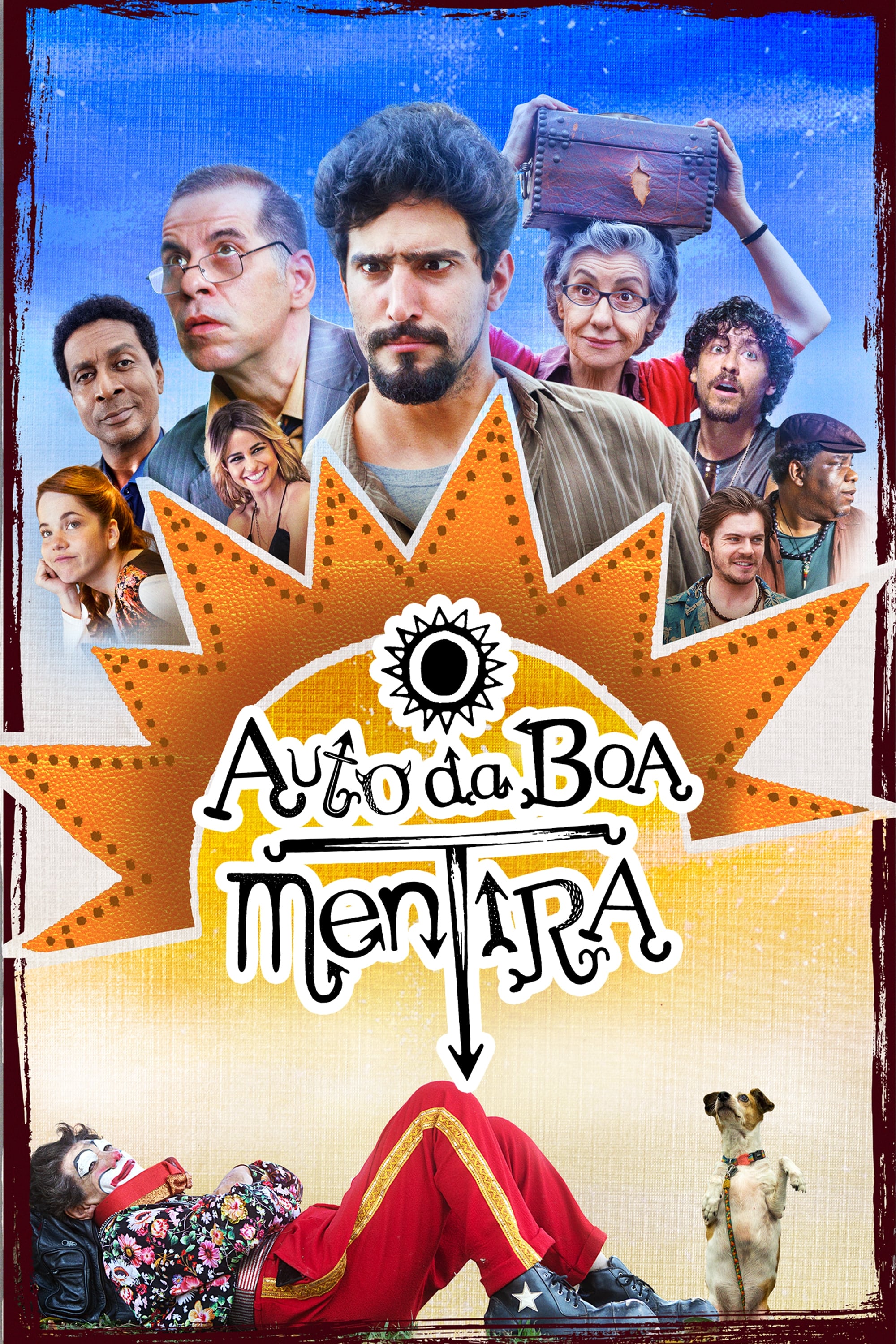
In four stories inspired by humorous tales by Ariano Suassuna, each created based on phrases by the poet from Paraíba, we meet Helder, Fabiano, Pierce and Lorena, living different situations where, ironically, the lie is always the protagonist.

In six decades, Teatro Oficina has done more than revolutionize theatrical language in the country: the aesthetic influence of José Celso Martinez Corrêa's company extends from Tropicalism to the renewal of Brazilian audiovisual languages from the 1960s onwards. The film revisits a story that it involves personalities such as Caetano Veloso, Glauber Rocha, Lina Bo Bardi, Chico Buarque and Zé do Caixão, brings together scenic art, ecology, architecture and sexuality, and mixes art and life in the search for a Brazilian based language.

32 renowned Brazilian screenwriters of the contemporary Brazilian cinema talk about their creative processes. From the concept of script to their agreements and disagreements, going through their experiences with filmmakers, their reaction to the finished film, critic, and even controversies on auteurism.


A young woman is fated to relive the love of an earlier life. Separated by time, young Serena and botanist Rafael surmount all obstacles as they live a love that is stronger than fate itself. These challenges include the lovely but ambitious Cristina, who is obsessed by the rich botanist and driven nearly mad by her attempts to shatter their great love. A romantic comedy set in the 1940s, Soul Mate underscores the importance of love, family values and the ties of affection with a light touch and plenty of humor.
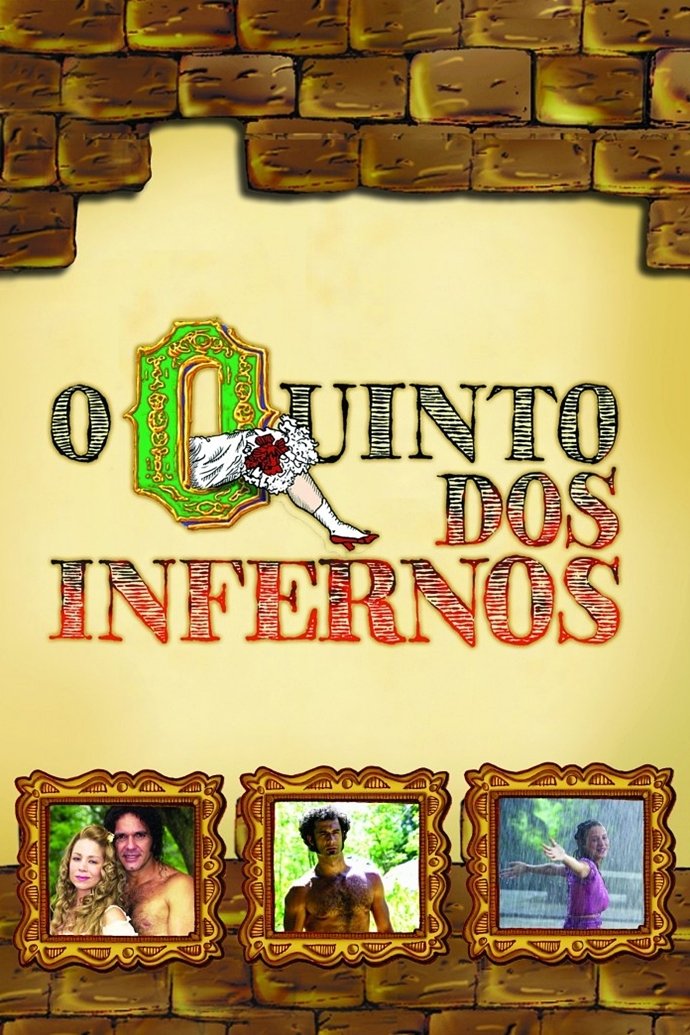
O Quinto dos Infernos was a 2002 mini Brazilian historical comedy television series. It was written by Carlos Lombardi, and directed by Wolf Maya and 48 episodes were produced. The protagonist was Marcos Pasquim.

Set to the intoxicating rhythms of Brazil, "Woman on Top" is a spicy, sexy comedy about the magic of food, love and music. Meet Isabella, a sultry enchantress born with the special gift of melting the palates and hearts of men everywhere. When she decides to break free from her rocky marriage and the stifling kitchen of her husband's restaurant in Brazil, she spirits off to San Francisco in pursuit of her dreams of a real culinary career.
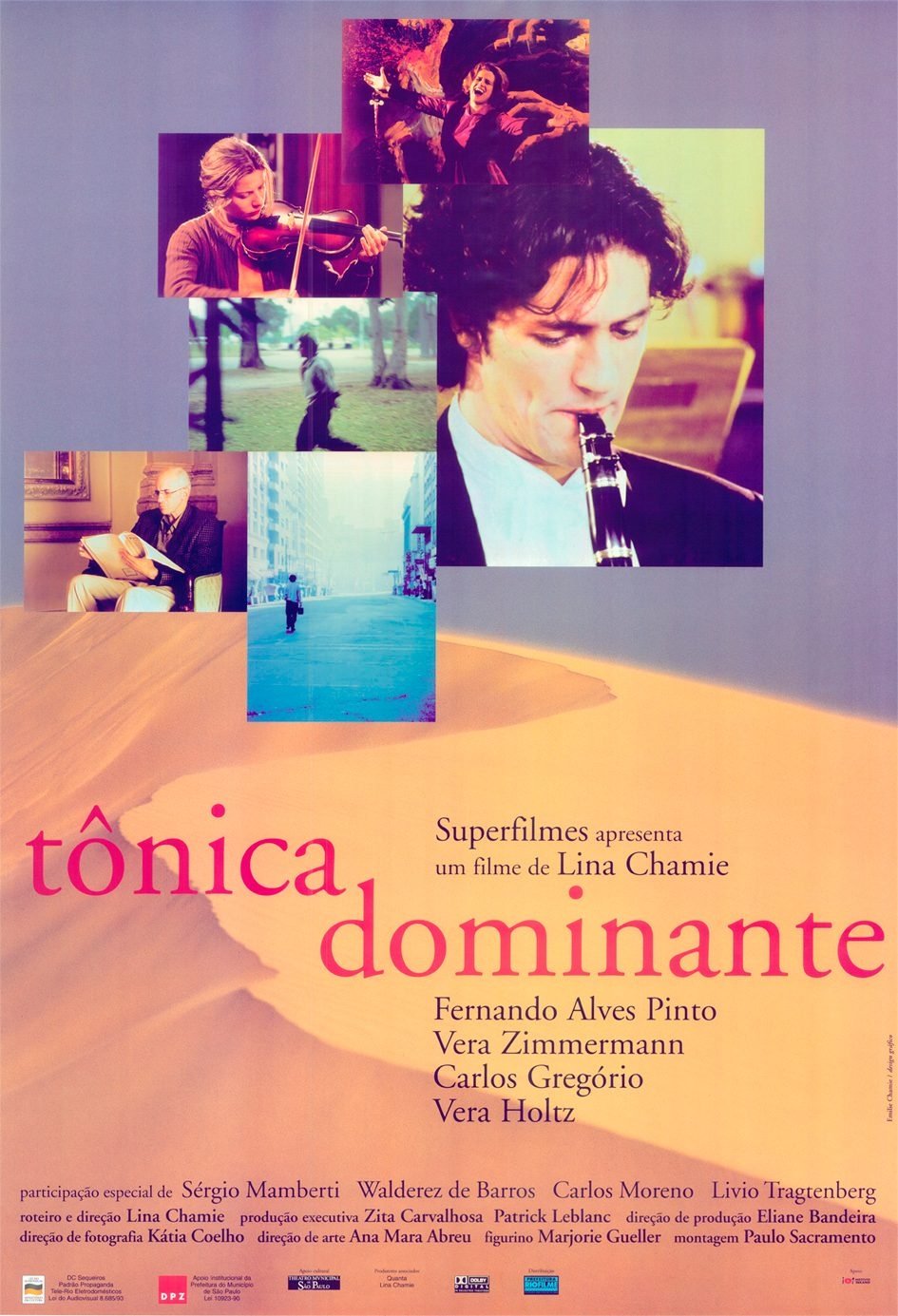
Three days in the life of a young clarinetist (Fernando Alves Pinto), who is in love with a violinist (Vera Zimmerman), but can't get her attention. In the first day he feels alone and frail; in the second day what was supposed to be pleasant becomes a nightmare; in the third day he finally achieves fulfillment through music and helps a pianist (Vera Holtz) who is rehearsing for a concert. These three days correspond to a three movement sonata - the director (Lina Chamie) is a musician, so she imprinted a musical structure to her movie, with few dialogs and poetic images. It's a movie for music lovers. Written by CeciliaWolf

A movie about a Brazilian entrepreneur who rivalled American's richest man at his time, well-known Rockfeller. Irineu Evangelista de Souza in 1867 had $155.000 contos de reis, meanwhile the Brazilian Governement annual budget was 97.000 contos de reis. The movie shows his life from poverty to riches and back to poverty again, as is common in Brazil, rich people die poor.
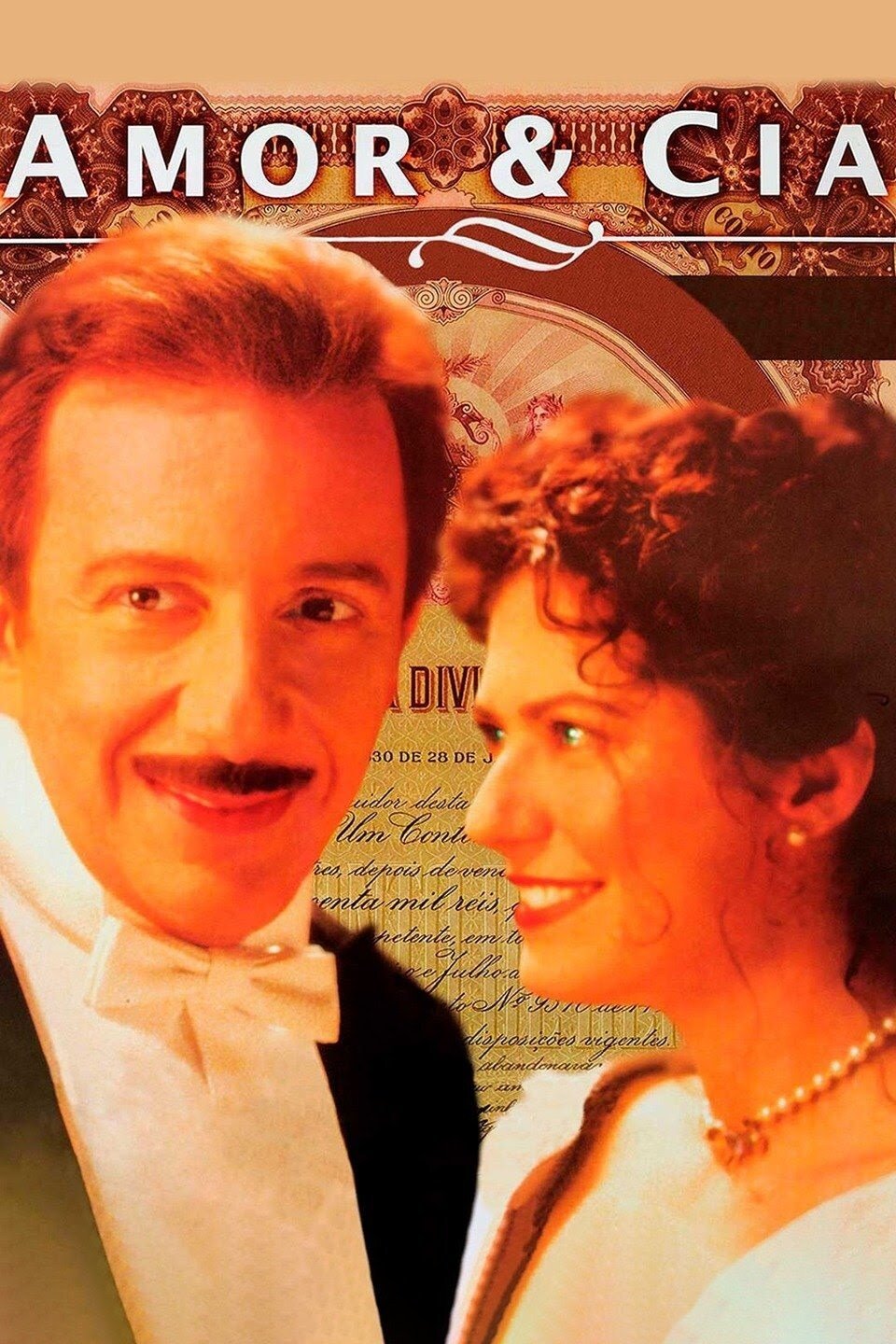
Godofredo suffers a terrible blow when he comes back home earlier than usual and finds his wife in the arms of his partner. He sends his wife away to a coast town and dares his rival to a duel. But he begins to miss his wife and the company of his friend.
Carlos Alberto Mendes Gregório (Rio de Janeiro, August 31, 1947) is a Brazilian actor, director, writer and screenwriter.
By browsing this website, you accept our cookies policy.